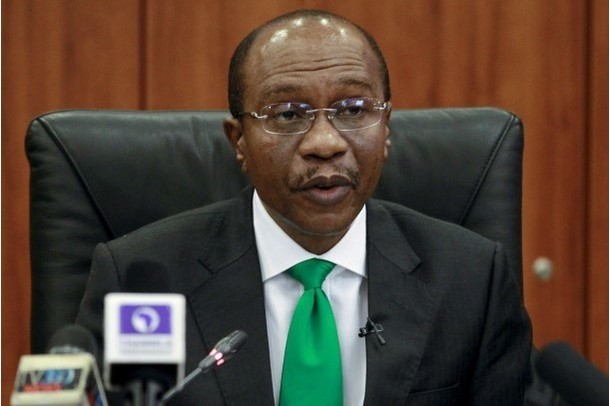Latest News
Nigeria’s central bank holds interest rate at 13.50 per cent

News Highlight
The MPC also voted to retain the cash reserve ratio at 22.50 per cent and the liquidity ratio at 30 per cent.
The Central Bank of Nigeria’s (CBN) Monetary Policy Committee (MPC) has voted to retain the monetary policy rate (MPR) and other key variables. The CBN governor, Godwin Emefiele, said on Tuesday at the end of the apex bank’s MPC meeting that nine of the 11 MPC members in attendance voted to retain the benchmark interest rate at 13.5 per cent.
The benchmark interest rate, which was kept at 14 per cent since July 2016, was cut by 50 basis points after 30 months in March. According to the CBN governor, who was reappointed earlier this month by President Muhammadu Buhari for another five-year term, the decision to cut the MPR was due to the relative price and exchange rate stability.
At its meeting, which held on May 20-21, the MPC also voted to retain the cash reserve ratio (CRR) at 22.50 per cent and the liquidity ratio (LR) at 30 per cent.
Earlier this week, FBNQuest Research, the research arm of a Lagos-based FBNQuest Merchant Bank, predicted that the MPC would retain its March decisions. According to the firm, the rationale of the MPC decisions in March continues to hold, pointing to further cuts of the MPR ahead but subject to maintaining a rate above prevailing inflation. The inflation rate rose for the first time in three months in April to 11.37 per cent from 11.25 per cent in March.
The FBNQuest researchers said a cut in the CRR would have a greater impact on lending volumes than a reduction in MPR. It, however, noted that the CBN is not convinced that the banks would deploy the additional funds to boost their loan books.
The MPR is the interest rate at which the CBN lends to the commercial banks, making it the benchmark of other lending rates in the economy. The CRR, on the other hand, is the minimum amount of deposit that banks have to hold as reserves with the CBN.
Related News
Latest Blogs
- The Museum of West African Art saga
- The complexity and complication of Nigeria’s insecurity
- Between bold is wise and wise is bold
- Prospects of port community system in Nigeria’s maritime sector
- Constitutionalism must anchor discipline in Nigerian Armed Forces
Most Popular News
- NDIC pledges support towards financial system stability
- Artificial intelligence can help to reduce youth unemployment in Africa – ...
- Africa needs €240 billion in factoring volumes for SME-led transformation
- ChatGPT is now the most-downloaded app – report
- Global trade to hit record $35 trillion despite slowing momentum
- CBN licences 82 bureaux de change under revised guidelines






